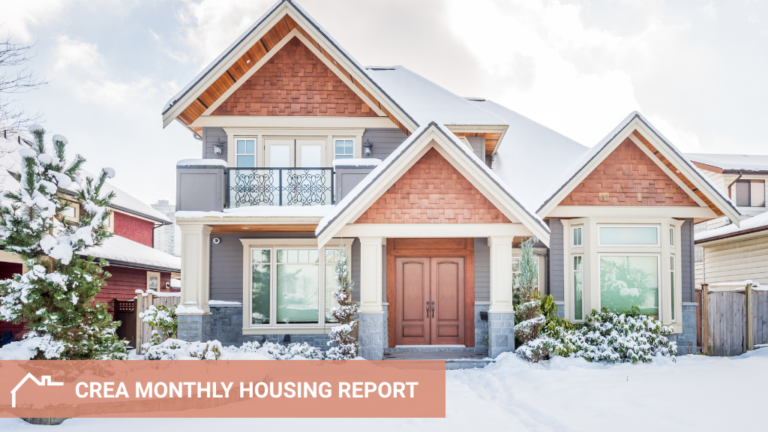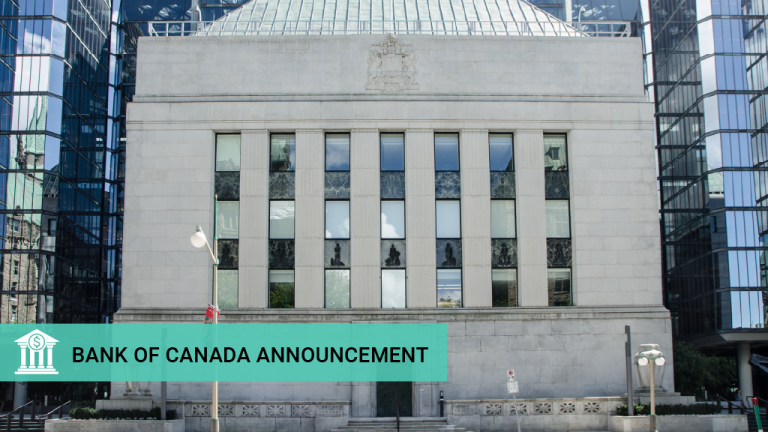
With 2023 drawing to a close, many households are now writing their wish lists for the coming year, and are identifying their future priorities and needs. The purchase of a first or new property will certainly be on many people’s wish lists next year, particularly as a decrease in interest rates is widely expected to occur in the second half of 2024. However, lower real estate prices — which many buyers who have been priced out of the market by higher borrowing costs are waiting for — may not be on the cards for the year ahead.
According to Royal LePage, the aggregate price of a home in the Greater Montreal Area is forecast to increase 5.0 per cent year over year to $610,260 in the fourth quarter of 2024. During the same period, the median price of a single-family detached property is expected to rise 4.5 per cent to $684,998, while the median price of a condominium is forecast to increase 6.0 per cent to $471,912.
“The real estate crystal ball prediction will be made up of many factors in 2024, but the thing to remember is that the reduction in inflation closer to the target rate will not have been enough to curb the increase in real estate prices for very long, due to a chronic lack of supply,” said Dominic St-Pierre, vice-president and general manager, Royal LePage, Quebec region. “Housing is an essential need, and the still-critical shortage of units required to meet demand and population growth is destined to persist, as long as investments by all levels of government fail to materialize in the urban landscape. However, even if interest rates are expected to start dipping next year, consumers will have to adapt to a new reality, as the days of ultra-low rates are over. In the short term, this should keep property price increases in check while households adjust their purchasing behaviours.”
What’s more, Montreal is the Canadian city where housing starts fell the most in the first six months of 2023, a 26-year record, and the prognosis for 2024 is not optimal. Rising borrowing costs have taken a heavy toll on builders’ and developers’ portfolios over the past year. For this reason, it is expected that when interest rates start to decline, the pent-up demand will unleash on the condominium segment in the Greater Montreal Area, which will see an appreciation rate slightly higher than that of single-family homes.
“In addition to condominiums, the market for single-family homes priced at $1 million and higher should also see an upturn as expectations of lower interest rates materialize,” said Marc Lefrançois, chartered real estate broker, Royal LePage Tendance in Montreal. “For this category of buyers, moving from one property to another is often not an immediate necessity. Many have therefore preferred to wait in order to take advantage of more favourable financing conditions, but could return to the market quickly when the central bank announces the start of a downward cycle in interest rates.”
Economic conditions in the province were heavily weighed down at the end of the year by the outbreak of strikes in the public sector, as well as numerous layoffs across a myriad of industries, which could influence consumer confidence regarding large purchases such as a property in 2024, despite a widely expected drop in interest rates.
“Savings accumulated by households during the pandemic have begun to run out, keeping pace with inflation and interest rate hikes over the past 21 months,” noted St-Pierre. “Quebec households have a high level of debt, and despite signs of relief in borrowing costs on the horizon, their purchasing power will remain limited. The downward adjustment of the Bank of Canada’s overnight rate, even by a quarter per cent, could send a strong message to consumers about future economic conditions. The pace at which interest rates rebalance will also play a big part in the equation,” he continued.
St-Pierre added, “The start of 2024 could see the Greater Montreal Area’s real estate market get off to a slow start, following a similar trend to the last quarter of 2023. But, we expect the recovery to get underway quickly once interest rates start to fall. Next year is likely to be more active than 2023 in terms of property sales,” he concluded.
Read Royal LePage’s 2024 Market Survey Forecast for national and regional insights.






